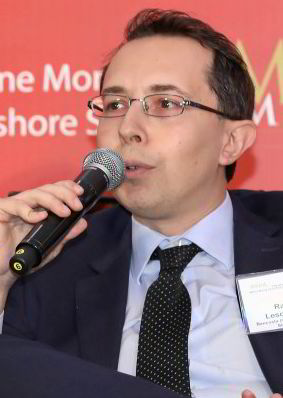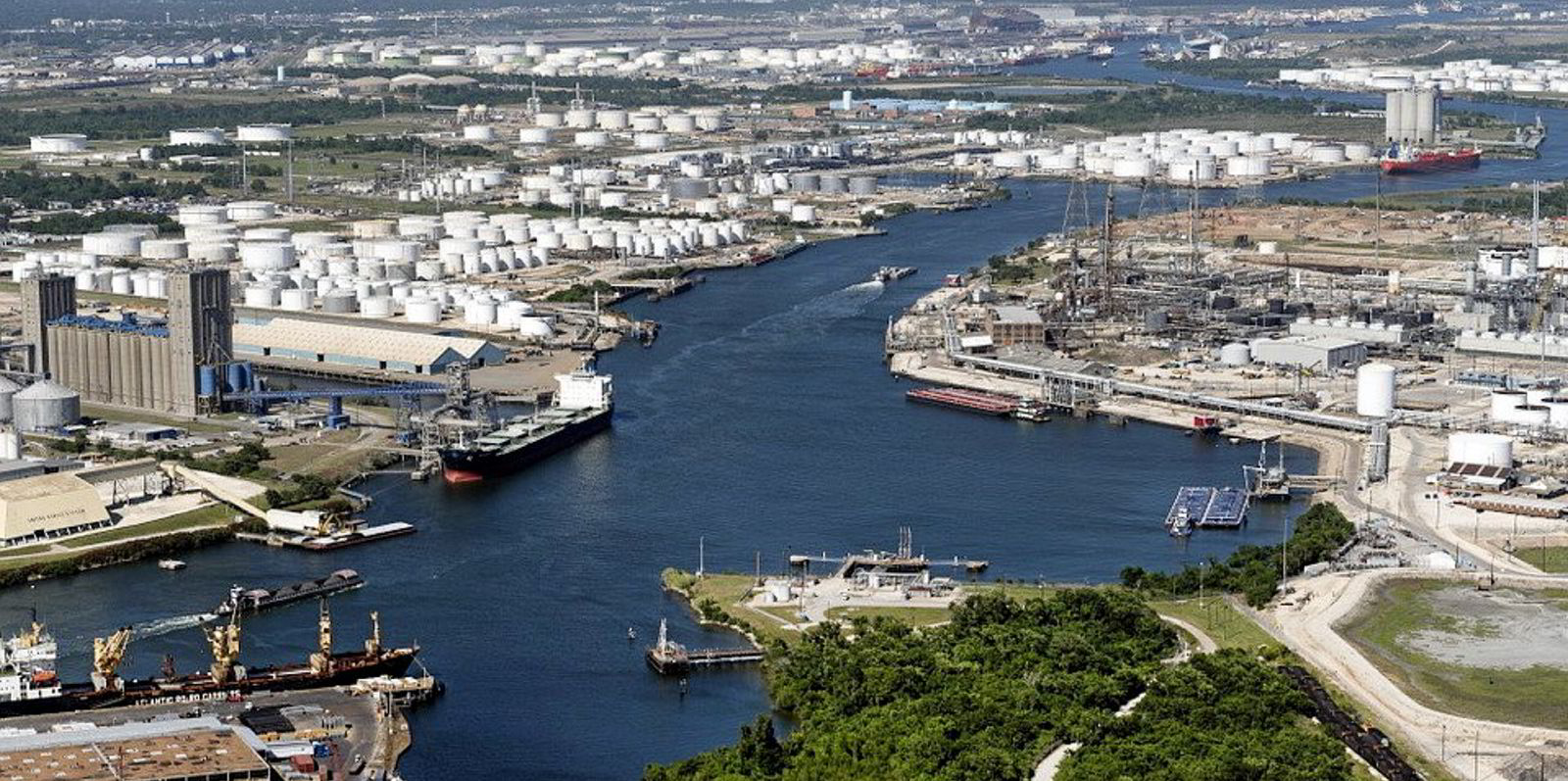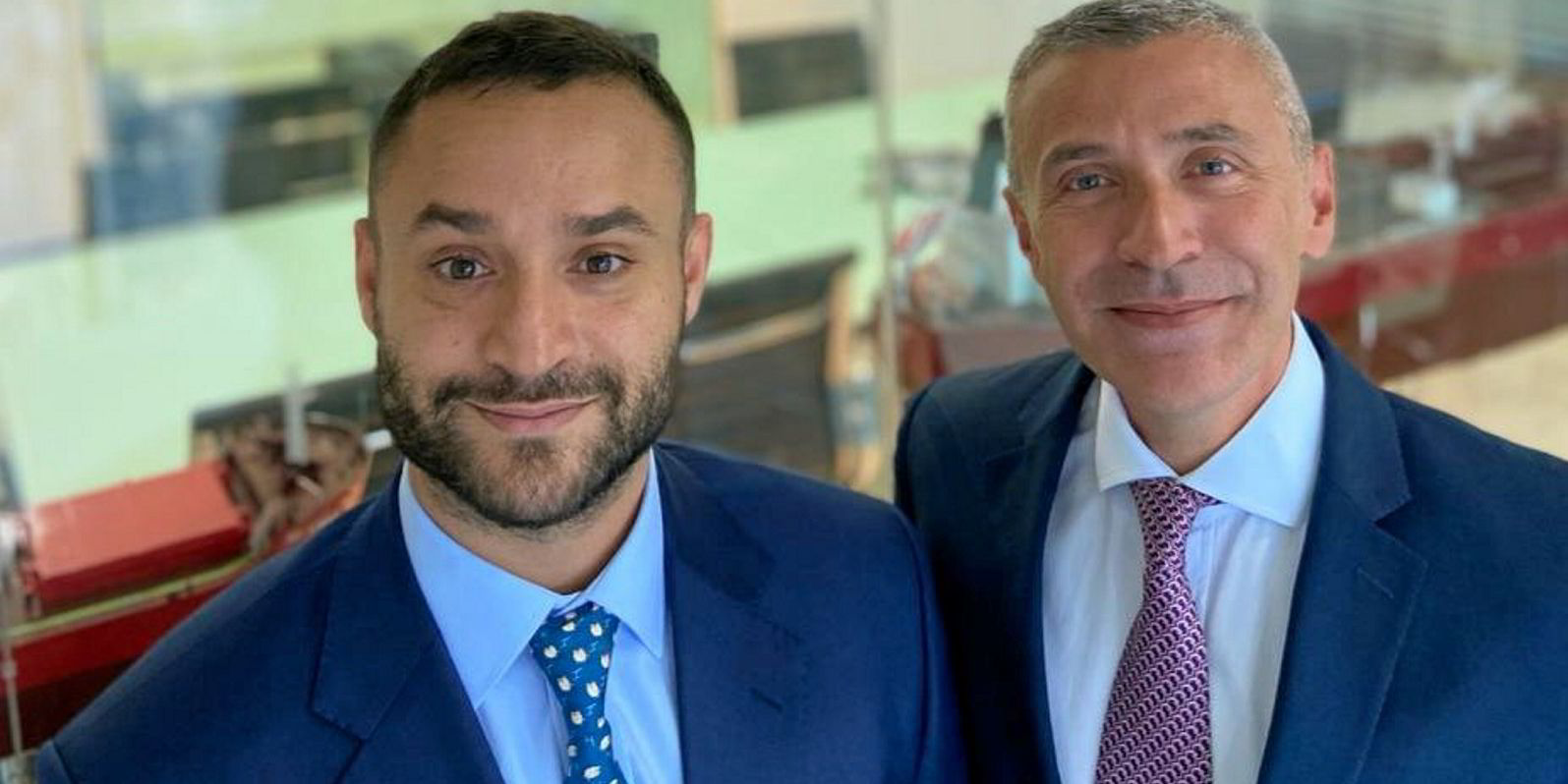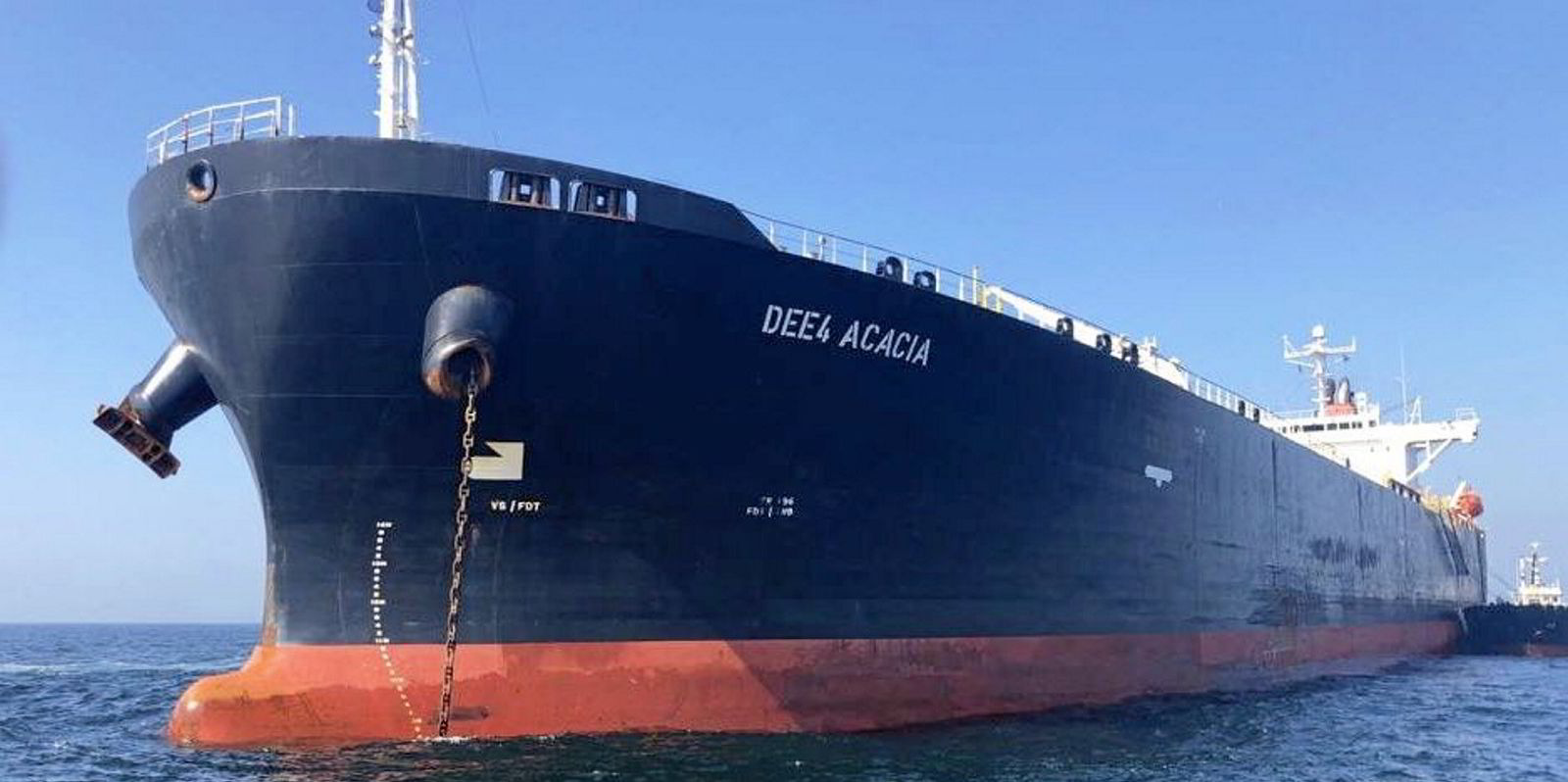The MR product tanker market remains lacklustre in the Atlantic basin despite rising exports of refined products from the region’s two most important petroleum hubs, according to industry data and experts.
Kpler data show US Gulf exports are on track to reach 19.7m barrels in the week from Monday, the highest weekly reading since November 2019.
Exports from the Amsterdam-Rotterdam-Antwerp (ARA) area are expected to amount to nearly 11m barrels in the same period — the fourth highest weekly figure this year.
But tanker experts said increased liftings had failed to boost market sentiment due to persistent tonnage oversupply.
“You need at least two weeks of busy activity to even get owners to feel excited,” a commercial manager said. “There are too many ships … That’s an age-old problem.”
The Baltic Exchange has estimated the MR Atlantic basket rate to be between $5,000 and $6,000 per day, suggesting most owners would struggle to make profits.
Charterers still have options in the spot trade despite vessel demand improving, Kpler’s senior freight analyst Matthew Wright said.
“Ballast numbers are still pretty high,” Wright said. “Also, while the weekly increase in exports is notable, volumes are not exceptional for this time of year.
“ARA and US Gulf combined are below the 2017, 2018 and 2019 levels. So I can see why tonnage is still oversupplied.”
Clarksons Research data shows the MR fleet comprised of 1,671 ships with 80.6m dwt last month, up from 1,657 vessels totalling 79.8m dwt in December.
"Whilst it is clear a low freight rate environment may have supported an increase in loadings, the Atlantic basin tanker market remains victim of significant surplus in tonnage,” Vortexa senior freight analyst Arthur Richier said.
“An increase in activity has not dented enough availability to spur rates upwards significantly."
Slow Pacific trade
Looking eastward, earnings prospects for MR owners are even weaker in the Pacific basin.
The Baltic Exchange assessed the MR Pacific basket rate at just $145 per day on Monday — not far from an all-time low.
Tanker requirements have been low in Asia as Chinese refiners are reducing exports due to domestic policies and weak demand elsewhere, analysts said.
“Chinese oil companies appear set to slash clean product exports in the months ahead due to a lack of export quotas issued by the government,” ClipperData said in a note.
The data firm said light distillate exports from China in June fell to the lowest since May 2020, without providing exact figures.
“Renewed lockdowns in Malaysia, Vietnam and Australia, as well as rising Covid cases in Indonesia, look set to crimp regional gasoline demand,” ClipperData added.
“With domestic refining margins attractive and international markets weak, state-owned oil companies look set to keep their focus close to home.”
Vessel redeployment?
Banchero Costa research head Ralph Leszczynski suggested that with oil consumption set to grow more in Europe and the US than Asia in the coming months, product tanker owners should find more employment opportunities in the West.
But Leszczynski questioned whether many owners would opt to deploy their ships from the Pacific trade to the Atlantic.
“The Atlantic market is still generally bad, with rates for MR tankers barely above running costs,” he said.

“I doubt it would make much financial sense to actually go and ballast an MR from the Pacific to the Atlantic at this moment, unless you are very optimistic about the future or can get an actual cargo from the Pacific to the Atlantic.
“Such cargoes are generally rare as on such longer-haul distances charterers would normally prefer LR tankers or uncoated newbuildings rather than take MRs.”
Other analysts also believe MR vessels are unlikely to be be ballasting to the Atlantic basin en masse.
“I believe the high cost of bunkers currently will make [it] hard economically for owners to justify the long-haul repositioning," Richier said.
Vortexa figures showed 716 MRs were located in the west-of-Suez and 799 MRs in the east-of-Suez region as of Friday last week.
Wright said most owners will likely stay put as “there is greater upside to export volumes in Asia over the rest of the year”.
“I expect rates across the board to improve this year, however it seems to be taking longer than expected,” he said.






